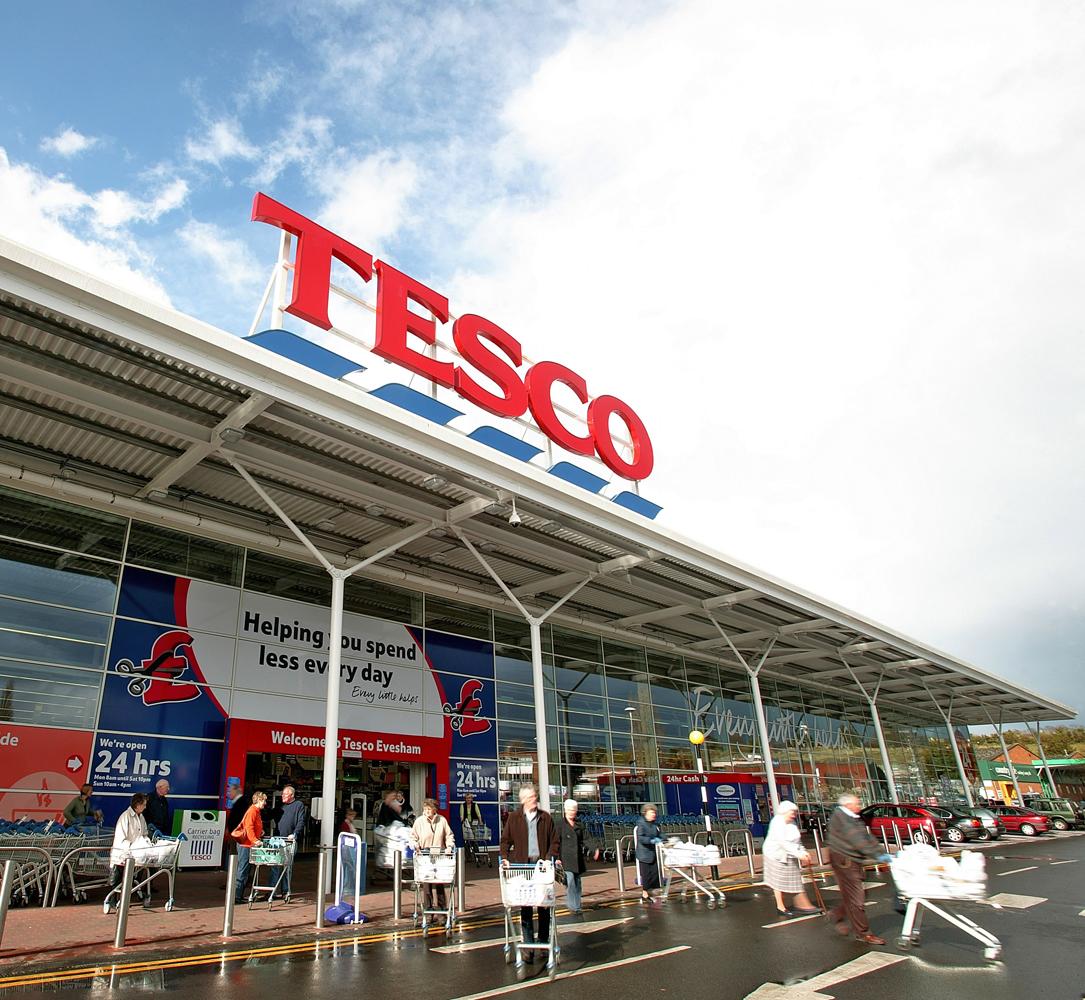Experienced Investor
The five investment lessons to be learnt from Tesco

Tesco’s fall from grace has been capped by accounting irregularities. What can investors learn from the retailer’s problems?
No company is ever ‘safe’
Investors need to be careful what price they pay for safety. The outlook for companies can always be disrupted by external influences.
Colin Morton, manager of the Franklin UK Blue Chip fund, says: “In a lot of industries, the goalposts have moved considerably. We are always trying to consider whether the rules have changed permanently for an individual industry.”
Never underestimate the impact of structural change
Tesco may have been quick to build an online presence, but it was slow to adapt to the change in consumer spending habits.
Stephen Message, manager of the Old Mutual UK Equity Income fund, says: “The retailer’s idea had been to grow space year on year, but demand for food grows with the population, which was growing very slowly. Also, people’s shopping patterns changed completely. Superstore shopping went down.”
Beware companies with lofty ambitions
In general, the stockmarket will reward business growth, but it will punish those companies who spend too much and don’t deliver. Tesco’s US ambitions proved a costly mistake.
Douglas McNeill, Charles Stanley Direct’s Investment Director, says: “The US has tended to be an unhappy hunting ground for UK retailers. It seems like a similar market because of the cultural similarities, but it is a different environment altogether.”
Beware companies with declining return on capital
This is a rather technical point, but Terry Smith, chief executive of FundSmith, pointed out in a recent article for the Financial Times, that those companies that are making lower and lower returns on any investment they make, are likely to come a cropper. –
New management like to start with a clean slate
There is a reason why all Tesco’s problems are coming out now. New management – this time in the form of new chief executive Dave Lewis – like to get out all the bad news in one go. That way, they can distance themselves from it and start rebuilding.
The final question would be whether Tesco is a buy at these levels. Its share price dropped 7 per cent on news of the group’s accounting irregularities, and it sits at less than half what it was at its peak in 2007. It has a hill to climb as a business and will need to reinvent itself for the new consumer landscape. It is a risky punt – but the real risk was buying five years ago when it looked safe as houses.